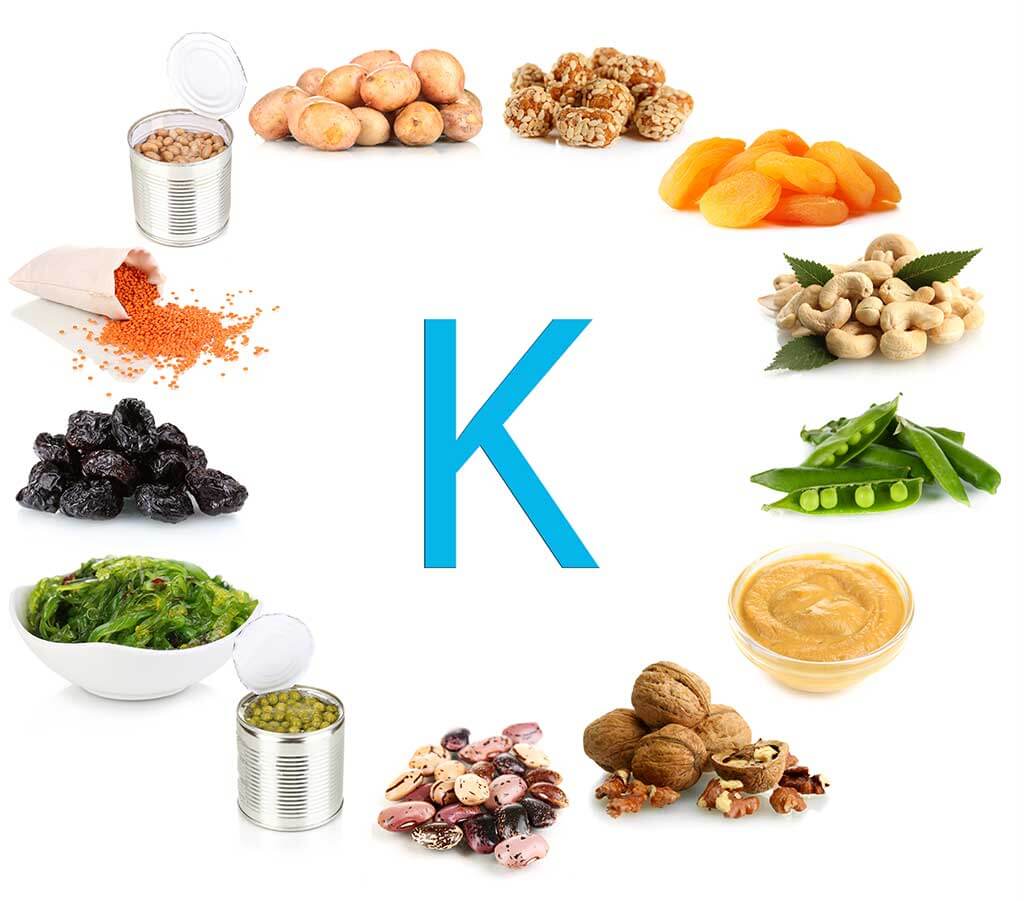A stroke is a life-threatening medical condition that can be relatively expensive to treat. American health services estimate that every year, $34 billion is spent on stroke treatment. Some of the main causes of stroke are high blood pressure, high cholesterol, diabetes, and obesity. These are all conditions that can be improved through a healthier diet and a more active lifestyle. For stroke survivors who find it hard to do physical activities, dietary changes can be more useful. Older folks are at higher risks of experiencing a stroke, but luckily there are foods that prevent stroke.
By consuming more of these foods, they can improve some health conditions that lead to a higher risk of stroke. Use these foods to swap out less healthy foods in your current diet, to get the best results.
Oatmeal
Oatmeal is a good, healthy source of whole grains. Endorsed by the American Heart Association, it’s a popular food that can prevent strokes. The recommended serving size is three or more servings of fiber-rich whole grains daily, which can include oatmeal.
Yogurt
Yogurt gives you probiotics, which boost the gut-brain axis – which is how your brain and gut communicate. Boosting your gut health will in turn improve your brain health, the basis of preventing stroke.
Dry Beans
Aside from probiotics, you also need prebiotics. This indigestible fiber promotes the growth of good bacteria in your gut and can be found in most legumes like dry beans. Add more dry beans to your diet to improve your chances of preventing strokes from occurring.
Onions
Dietary flavonol is a powerful antioxidant that’s found in onions, and this can help to reduce your risk of stroke by 20%. Incorporate more onions into your diet by cooking more meals at home – this gives you the flexibility of increasing the ratio of onions in your ingredients list.
Flaxseeds
Fatty acid is necessary for your brain to function well since your brain is actually made up of 60% fats. You can easily get essential fatty acids from omega-3-rich foods – this will help you to prevent strokes. Omega-3-rich foods include flaxseeds, chia seeds, and walnuts. Add these to your diet in dishes, or as snacks in-between meals.
Red wine
This may seem counter-intuitive, but one glass of red wine a day actually can reduce your risk of recurrent stroke. Resveratrol is an antioxidant found in red grapes, which is linked to a reduced risk of stroke. Get your resveratrol through eating red grapes, or through a glass of red wine.
Keep your red wine consumption to one glass though, as more than two alcoholic drinks a day negate the health benefits.
Salmon
Go for a hefty slice of salmon for dinner, to get more Vitamin D in your system. Vitamin D is good for your brain, muscles, and bones, and we know that foods that protect your brain also reduce your risk of stroke. Salmon also contains Omega-3s healthy fats. Salmon can help you maintain heart health and lower your stroke risk if you eat two to three servings each week.







